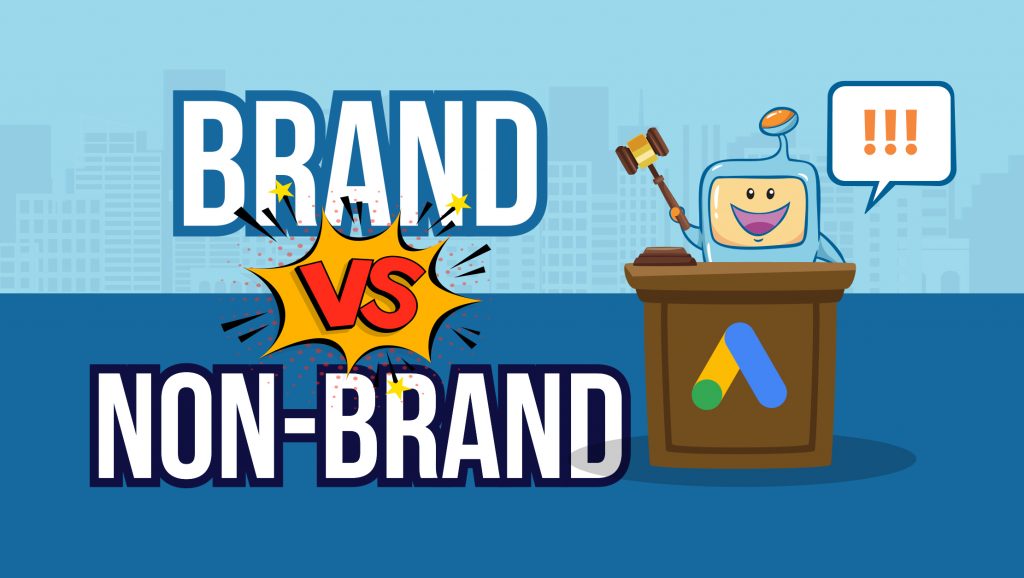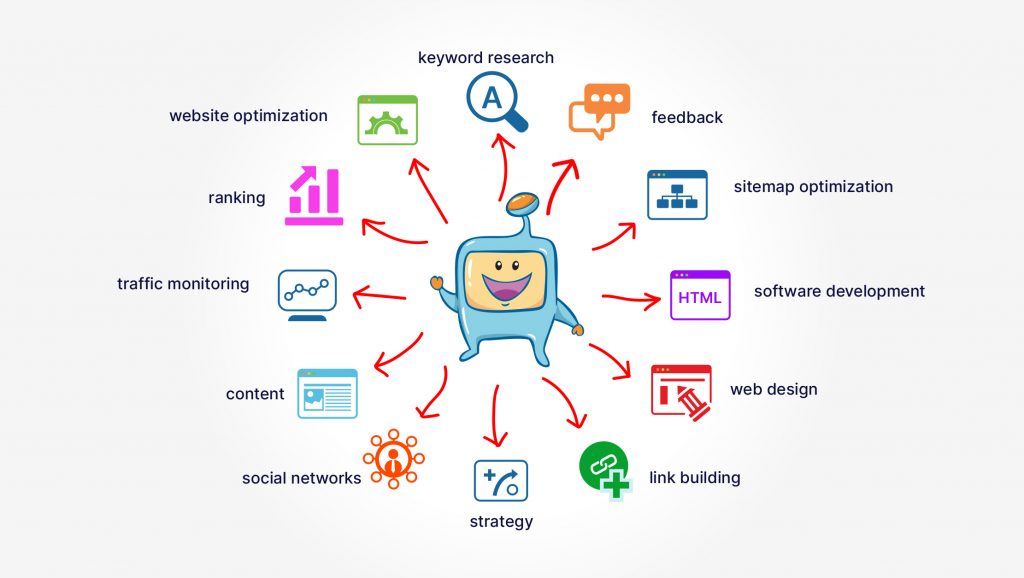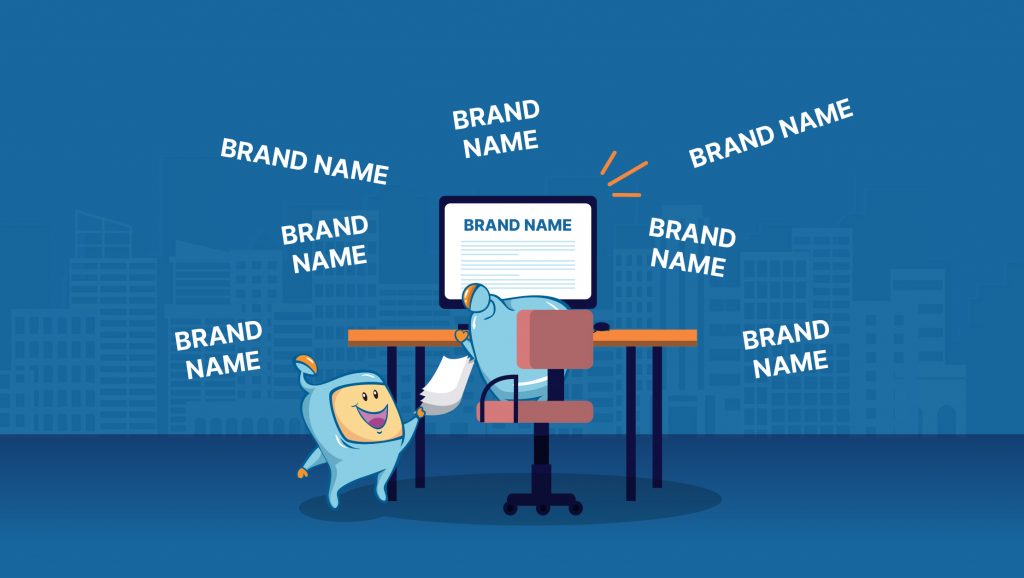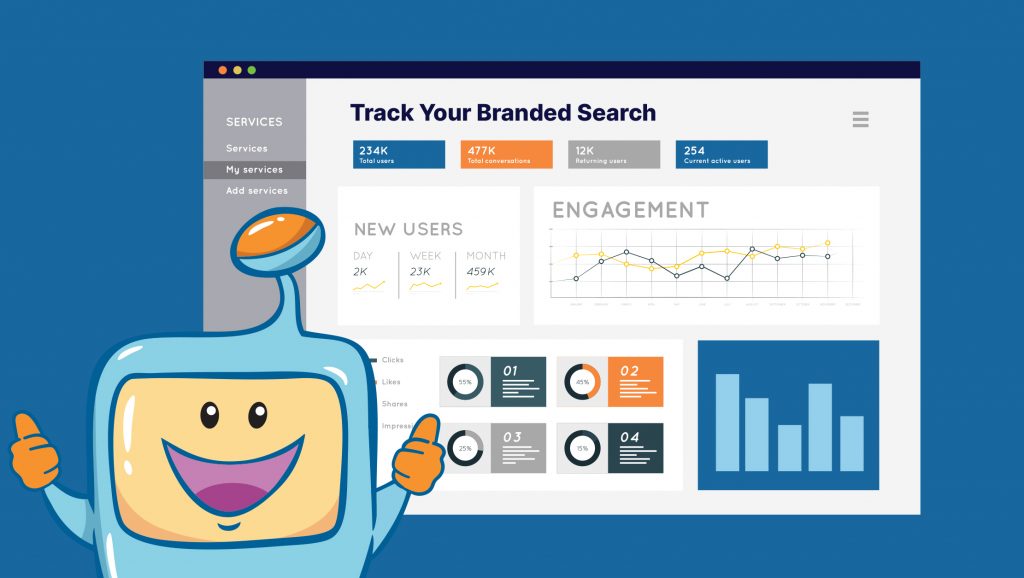
Whether you are a business, a brand or an online influencer making a living somewhere in-between, having the ability to be seen online is essential to success. As online sales continue to rise rapidly, more consumers are pulling out their devices to search for products and services with a single click.
In 2024, U.S. e-commerce sales reached $1.192 trillion, with e-commerce accounting for 22.7% of total retail sales. Globally, online transactions are expected to hit 20.5% of all retail sales in 2025 and climb toward 22.6% by 2028.
How are online sales soaring? One key aspect could be the use of branded search.
The rise of branded search terms has driven this online search behavior. If your company competes in the increasingly competitive online marketplace, you will need to make sure your unique offerings are searchable online.
This article will take a closer look at branded search and the importance of optimizing your online content to meet digital consumers.

You may not have heard of branded search, but you’ve likely taken part in the process, even in the moments before you read this article.
Simply put, a branded search term is a keyword that refers to a brand name product or service. The term could be an exact match or a related variation, such as product, service category, or geographic location.
For example, consider looking online for smartphones. The terms: “Samsung galaxy s6” and “SAMSUNG S6” could refer to the Samsung Galaxy S6 smartphone. With the power of branded search, users who type any variation of a branded search phrase will be led to the product they are looking for.
In today’s digital-first world, branded searches are on the rise. Consider the changes in consumer behavior due to the pandemic. According to Google, brand-specific searches for food and drink using the terms “delivery” or “pick up” have exploded nearly 205% year-over-year.
As you can imagine, making sure that consumers find your content when searching for particular phrases or branded keywords is essential for your success.

When optimizing content for branded searches, you are ensuring that relevant audiences find your product or service. This means that when a consumer types in a phrase related to your business, they will be led back to the source of information.
Most importantly, they are driven to a specific location to make a click or place a purchase.
Branded search optimization is also helpful for online influencers. It allows them to link their content and build credibility over time with consumers who share similar interests.
Optimizing your content for branded keywords needs a two-fold approach:
For example, if you want to optimize your blog posts for branded search, you will need first to create the content. Then, using tools like Google Analytics and advanced SEO reporting, make sure that your brand name is in place on every page of your site.

If branded search is so important to a successful business, how can you start taking advantage of this optimization style?
The exact branded search optimization process depends on the nature of your business or online influencer channel. Here are a few tips to helping you optimize your branded search online:

Branded search must begin with your demographic.
Ask yourself, “Who is looking for my products or services online?” Then, ask yourself, “Who is paying for my products or services online?”
Knowing both your customer avatar – that ideal customer you aim your marketing toward – and your general demographic can help you hone in on the best branded search keywords.
If you are a small business or online influencer, then branded search optimization will optimize your content for the audience you serve. That means having a clear understanding of who you want to reach and how often they type in certain queries.

The use of your brand name in a search shows that the user already knows who you are and is looking for your company specifically. That means they want to go directly to your website, which is why you want to rank at the top of a search results page for branded search.
For example, if you sell women’s clothes and accessories at an online boutique, it would make sense to optimize your blog posts for key phrases like: “women’s clothing,” “party dress,” and “smart casual dresses” with your brand name included.
However, you can’t just pick keywords that you think are a good match. Let the public lead the way via your SEO.

Branded search optimization is only as good as your ability to be found for the terms and keyword phrases that you are optimizing for.
To discover the most high-value keywords for branded search optimization, you need to boost your SEO and track your results.
You can start by looking at your competition, starting with the top five or so sites in Google results when you type in specific searches related to your business (“party dresses”).
Look at how they are using their brand name throughout their content and whether they are building backlinks from other trusted domains on the web.
You can also complete an SEO audit with a digital agency that can help you find the best way to optimize your site, including creating content with keywords for branded search and building backlinks from other high-ranking websites.

You want people using both internal and external links when referencing your brand name so you can build up trust within the community about who you are and what you do.
Using your brand name in a blog post headline is the optimal way of building branded search optimization, whether it draws clicks to your site or not.

You can work through the organic SEO methods to begin developing and implementing branded search keywords – or you can jump the line and bid on high-value keywords online.
With branded search playing such a huge role in online business, companies are dropping quite a bit of money to pick up lucrative branded keywords. Once bid on and won, these keywords can be targeted to your key demographic and drive traffic to your website or other online channels.
Want proof of the power of purchased branded search keywords?
Search for a brand-name product (such as “CRM Hubspot”) and watch as CRMs from other platforms show up on the search page. It is likely that these companies bid on and won keywords for branded searches that can be used to steal traffic away from branded searches.

If you already see traffic from branded searches to your website, ensure that your posted content is catering to what those searchers want.
If users aren’t finding what they need on your site or blog, it’s time to adapt and change to serve them better.
This could mean looking into more keywords or developing new content that better matches your customers’ searches. It could also mean refining how you write about specific product lines or services, so the public is more interested in them and comes back often to read more.
In many ways, an e-commerce website is no different from a brick-and-mortar store when it comes to attracting traffic, converting that traffic into customers, and keeping them coming back.